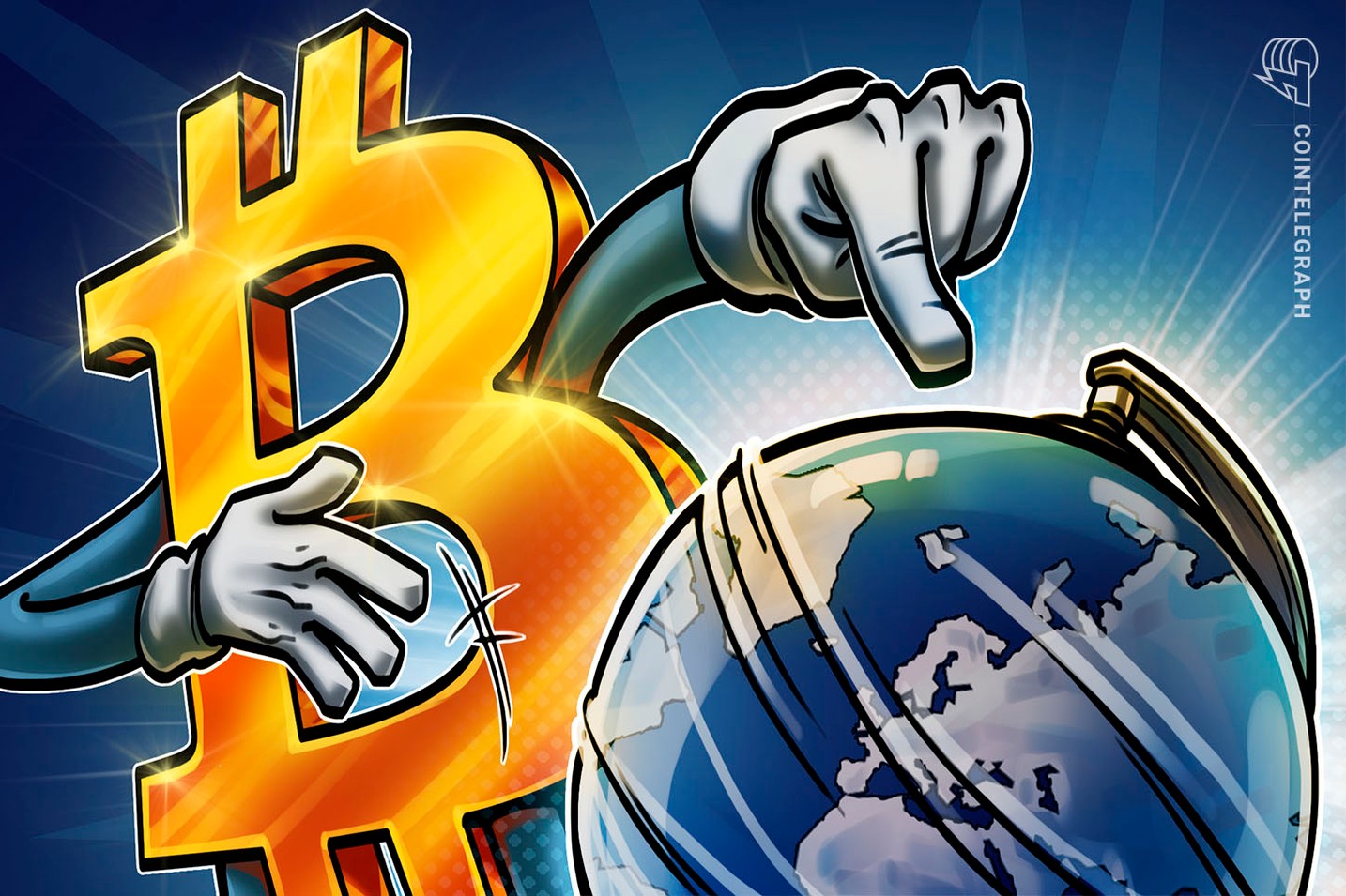Bitcoin as an Inflation Hedge: Insights from Global Analysts | 2025


Bitcoin as an Inflation Hedge: Insights from Global Analysts
For years, inflation was primarily a concern for emerging markets, where volatile currencies and economic instability made rising prices a persistent challenge. However, in the wake of the COVID-19 pandemic, inflation became a global issue. Once-stable economies with historically low inflation were suddenly grappling with soaring costs, prompting investors to rethink how to preserve their wealth.

Bitcoin’s Unique Position in the Inflation Debate
While gold and real estate have long been hailed as safe-haven assets, Bitcoin’s supporters argue that its fixed supply and decentralized nature make it the ultimate shield against inflation. But does this hold up? Bitcoin advocates emphasize its strict supply limit as a key advantage in combating inflationary monetary policies. Unlike fiat currencies, which central banks can print in unlimited quantities, Bitcoin’s supply is predetermined by an algorithm, preventing any form of artificial expansion.

The Scarcity Factor: Bitcoin vs. Traditional Assets
This scarcity, they argue, makes Bitcoin akin to “digital gold” and a more reliable store of value than traditional government-issued money. Several companies and even sovereign nations have embraced the idea. The most notable example is El Salvador, which made global headlines in 2021 by becoming the first country to adopt Bitcoin as legal tender. The government has since been steadily accumulating Bitcoin, making it a key component of its economic strategy.

Companies in the US and other regions have followed suit, and now the United States is in the process of establishing its own Bitcoin framework. So far, the corporate and government Bitcoin investment strategy has paid off as BTC outperformed the S&P 500 and gold futures since the early 2020s before inflation surged in the United States.

Recent Performance and Future Outlook
More recently, however, that strong performance has shown signs of moderation. Bitcoin remains a strong performer over the past 12 months, and while BTC’s gains outpace consumer inflation, economists caution that past performance is no guarantee of future results. Indeed, some studies suggest a correlation between cryptocurrency returns and changes in inflation expectations is far from consistent over time.

Bitcoin’s Volatility Compared to Traditional Hedges
Unlike traditional inflation hedges such as gold, Bitcoin is still a relatively new asset. Its role as a hedge remains uncertain, especially considering that widespread adoption has only gained traction in recent years. Despite high inflation in recent years, Bitcoin’s price has fluctuated wildly, often correlating more with risk assets like tech stocks than with traditional inflation hedges like gold.

A recent study published in the Journal of Economics and Business found that Bitcoin’s ability to hedge inflation has weakened over time, particularly as institutional adoption grew. In 2022, when US inflation hit a 40-year high, Bitcoin lost more than 60% of its value, while gold, a traditional inflation hedge, remained relatively stable.

Investor Sentiment and Market Dynamics
For this reason, some analysts say that Bitcoin’s price may be driven more by investor sentiment and liquidity conditions than by macroeconomic fundamentals like inflation. When the risk appetite is strong, Bitcoin rallies. But when markets are fearful, Bitcoin often crashes alongside stocks. However, they noted that Bitcoin’s inflationary hedging property was stronger in the early days when institutional adoption of BTC was not as prevalent.

Both researchers agreed that understanding Bitcoin’s role as an inflation hedge requires a nuanced approach, taking into account local economic conditions and investor behavior. As the cryptocurrency landscape continues to evolve, so too will the perceptions and realities of Bitcoin’s effectiveness as a hedge against inflation.

Conclusion: The Future of Bitcoin as an Inflation Hedge
In conclusion, while Bitcoin presents a compelling case as a potential inflation hedge, its effectiveness varies significantly depending on where one lives and the prevailing economic conditions. As investors navigate this complex landscape, it is crucial to remain informed and adaptable, recognizing that Bitcoin’s journey is still unfolding. For more insights, you can read the original article here.







